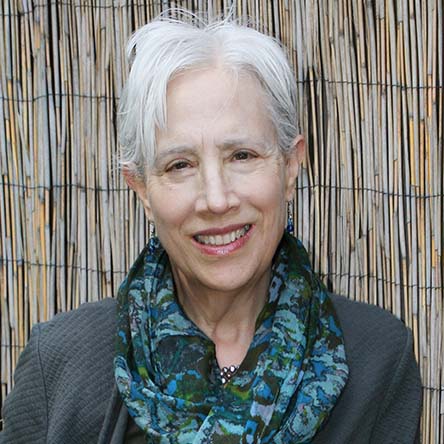You are not dead yet!
I attended a funeral the other day, for the wife of a friend. Her daughter gave the most beautiful eulogy. She shared stories with humor and love. She shared gratitude for what she had learned from her mother and for the time they spent together. There was certainly a sense of loss and a sense of recognition for all her mother had given to her family and her community. The family focused on the good in the life of their mother and wife, more than on the Grief.
It reminded me of another lesson about loss that I learned from a young boy who lived down the street from me.
“I have so many friends,” my new 8-year-old friend told me. “Because my Dad died.”
What? I wasn’t sure I heard him right at first. I knew his father had died a couple of years ago from ALS. Many people had stepped up to help him and his mother and through that support he made new friends. And here was this 8-year-old sage, embracing all the friendship that came into his life through his father’s death.
All of this got me thinking about what people might say about me after I am gone. Of course, I would not know what was said, so why did this question come up in my thoughts? I think it is because I want to feel like the time I have spent here has been valuable to others.
Alfred Nobel
There is a story about Alfred Nobel, who was the inventor of dynamite. One morning he was reading the paper and to his surprise, he saw his obituary. It turns out that his brother had died, and the newspaper mistakenly listed him as the one who had died. The obituary read, “the merchant of death is dead. Dr. Alfred Nobel, who became rich by finding ways to kill more people faster, died yesterday.”
You can imagine his dismay, not only to see his mistaken obituary, but also to think that the world would remember his as the “merchant of death.” The story goes on to say that this experience motivated him to set aside the bulk of his Estate to establish the Nobel Foundation and create the Nobel Prizes.
End of life regrets
Bronnie Ware, a Hospice nurse in Australia wrote a book titled, The Top Five Regrets of the Dying. She collected this information from conversations she had with her end-of-life patients by asking them if they had any regrets. Turns out that there was a common theme. The top five regrets were:
- “I wish I’d had the courage to live a life where I was true to myself, and not just lived up to other people’s expectations.”
- “I wish I hadn’t worked so hard.”
- “I wish I’d had the courage to express my feelings.”
- “I wish I’d stayed in better touch with my friends.”
- “I wish I’d let myself be happier.”
The themes reflect how letting life happen to us, rather than choosing how we want to live life showed up as regret.
Writing your own obituary or your own eulogy
This is where the Exercise of writing your own obituary or eulogy could be useful. You may at first think this is a morbid thought, or a vain thought. But in actuality it could be a wonderful exercise of reflection on what your life has been like so far, and an opportunity to put some intent behind what you still have left to do.
Two of the regrets at end-of-life have to do with courage. Courage to be who you really are meant to be and courage to express your feelings. How would it feel to write in your obituary, “she found her voice and inspired others to find their own?” Or “having always wanting to be a writer, late in life he sat down and wrote his memoir as a gift to the family?”
Writing your own obituary or eulogy gives you the opportunity to see the future you, in a way that you may have been resisting because of fear. If you always wanted to be a writer, artist, small business owner, closer to your family, involved in civic organizations, or _________, now is your time to take that step.
Have you lost touch with friends? Would you want to be remembered as a good friend and what does being a good friend mean to you? As you think about what you might say about friendship in your obituary, you might make your connections a more important part of your life.
There are templates on Google to help you get started, and you might find those helpful. Check out https://www.legacy.com/advice/how-to-write-your-own-obituary/
Writing your own obituary or your own eulogy is not just about listing your accomplishments. It is about what has brought you joy. It is about what has given you a sense of fulfillment. It is about sharing your history with your family and friends. It is about sharing lessons learned that you hope will inspire others. It is a time to share some of your most memorable moments.
Writing your obituary or your eulogy will give you the opportunity to reflect on whether you are happy with your life’s direction and the Legacy you are leaving. If not, you can start to take some steps to be the person you want to be remembered as.
You are not dead yet. Follow the sage advice of an 8-year-old boy. Find the gifts in your life, like the friends he found, and think about the gifts you still have to share with others.
The post You are not dead yet! first appeared on .
























